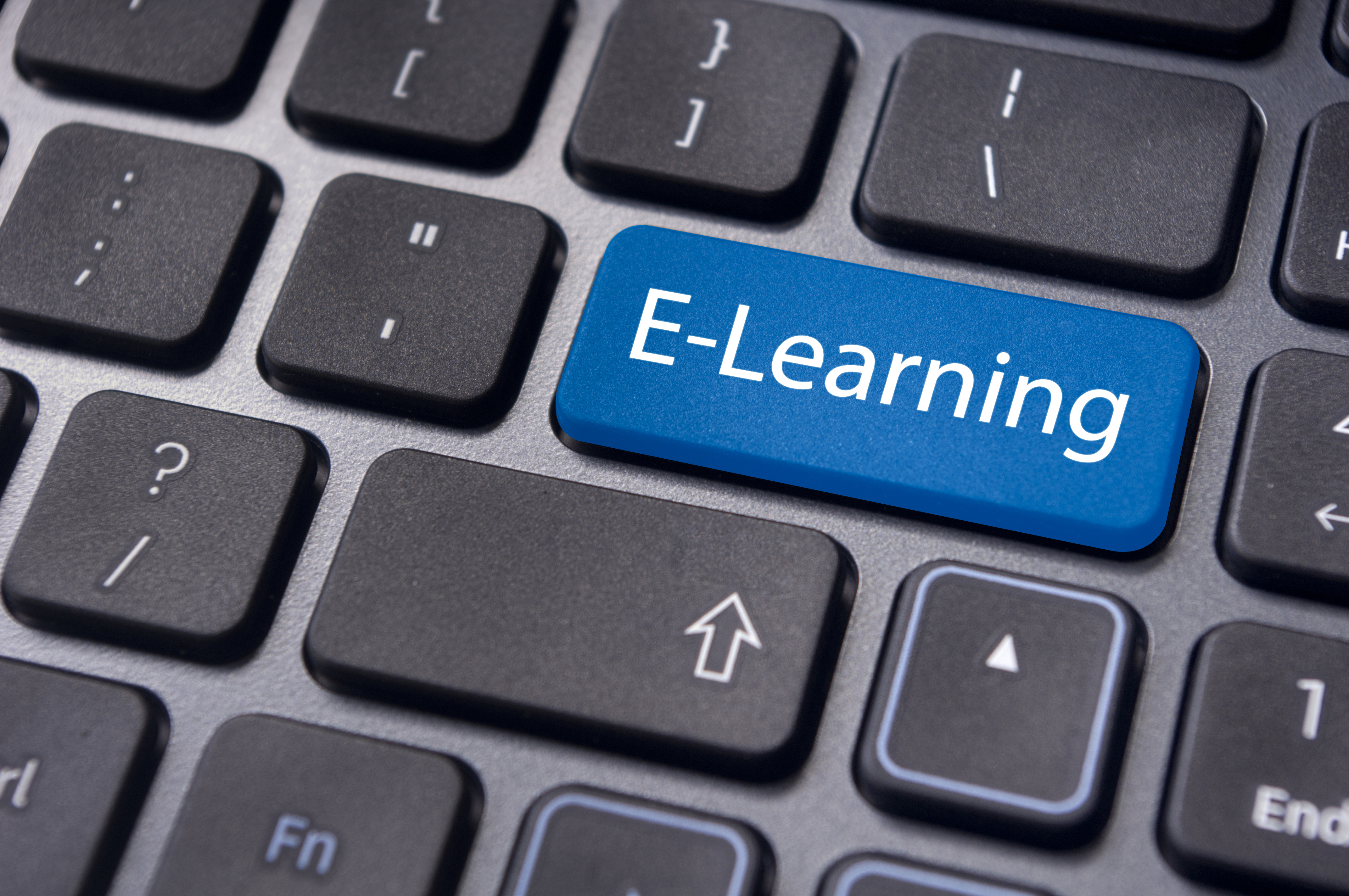Social entrepreneurs tend to do their work in the most diverse environments, from the slums of Mumbai to suburban London. One thing they all have in common, apart from their strong desire to change the world, is usually access to the internet. Internet has been changing the way we learn and get information on an unprecedented scale and plays a vital part in the development of the social enterprise sector. E-learning platforms like Khan Academy are shifting the higher education paradigm and now we see the same shift in the way businesses grow and tackle new challenges.
Social entrepreneurship is still a relatively new field and as such faces challenges that are quite specific, such as measuring their social impact, accessing new markets and creating new ways of reaching consumers, all the while keeping in mind their bottom line. The use of online learning tools has been indispensible in such a fast changing environment, where local, on-ground resources are often not available or are of lower quality. Networks that aim to provide social entrepreneurs with the support they need, like C3 Consult and Coach for a Cause, have been seeing a rising interest in online learning tools that will close the gap between that demand and supply. While one-on-one coaching and mentoring is still the primary service offered by aforementioned organizations, online tutorials, vlogs and podcasts are increasingly becoming the standard rather than an exception. E-learning tools are no longer seen as nice-to-have and are now becoming must-haves.
Developing an efficient e-learning platform is no easy task. E-learning platforms will most likely reach a wide base of potential customers with a variety of backgrounds and needs and in different stages of their business plan. To ensure your key stakeholders get the service they expect means a lot of research needs to go into the stakeholder analysis and generating feedback from them. As with any training, there is no one-size-fits-all solution available. The ubiquity of social media means generating interest and creating a customer base for the program is easier than ever. Tools like YouTube allow organizations to reach out to a maximum number of people with minimum costs. Showcasing case studies and sharing knowledge through informative videos has proven to be very efficient in our experience, especially in the UAE. It is useful not only to existing social entrepreneurs but also to students and anyone interested in starting their own business.
Online resources with local expertise are the next step for e-learning in the region. Programs that aim to tackle specific needs of local entrepreneurs have so far been available only in physical workshops and training, but given the high turnover rate in places like Dubai and the fact that more and more entrepreneurs are targeting different Middle Eastern markets, e-learning has become essential. In our move towards creating an ecosystem of all stakeholders involved in social business and sustainable development, such resources are the logical piece of the puzzle that has been missing. It will enable an open source communication and sharing of knowledge, so that every business and every individual can benefit from top notch professional advice, regardless of their geography or the size of their business.




